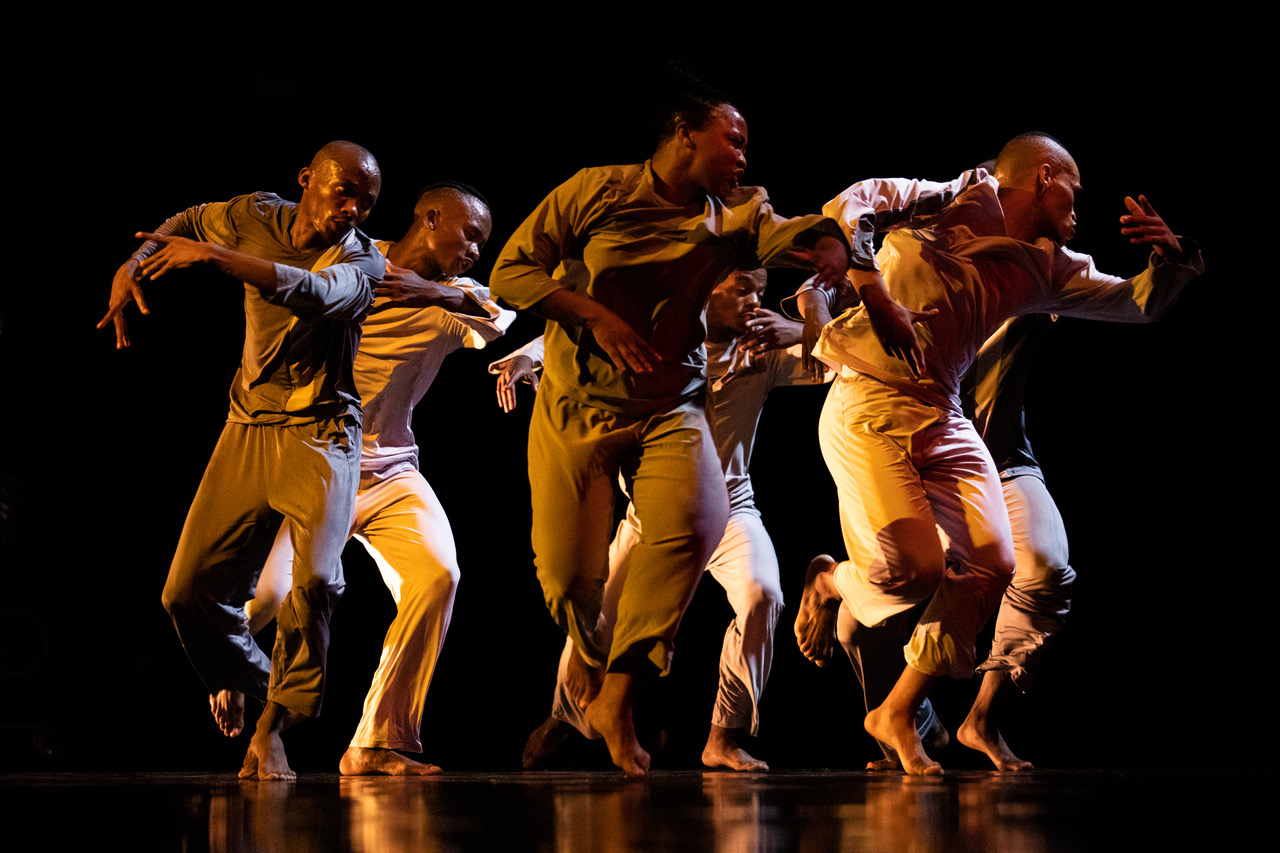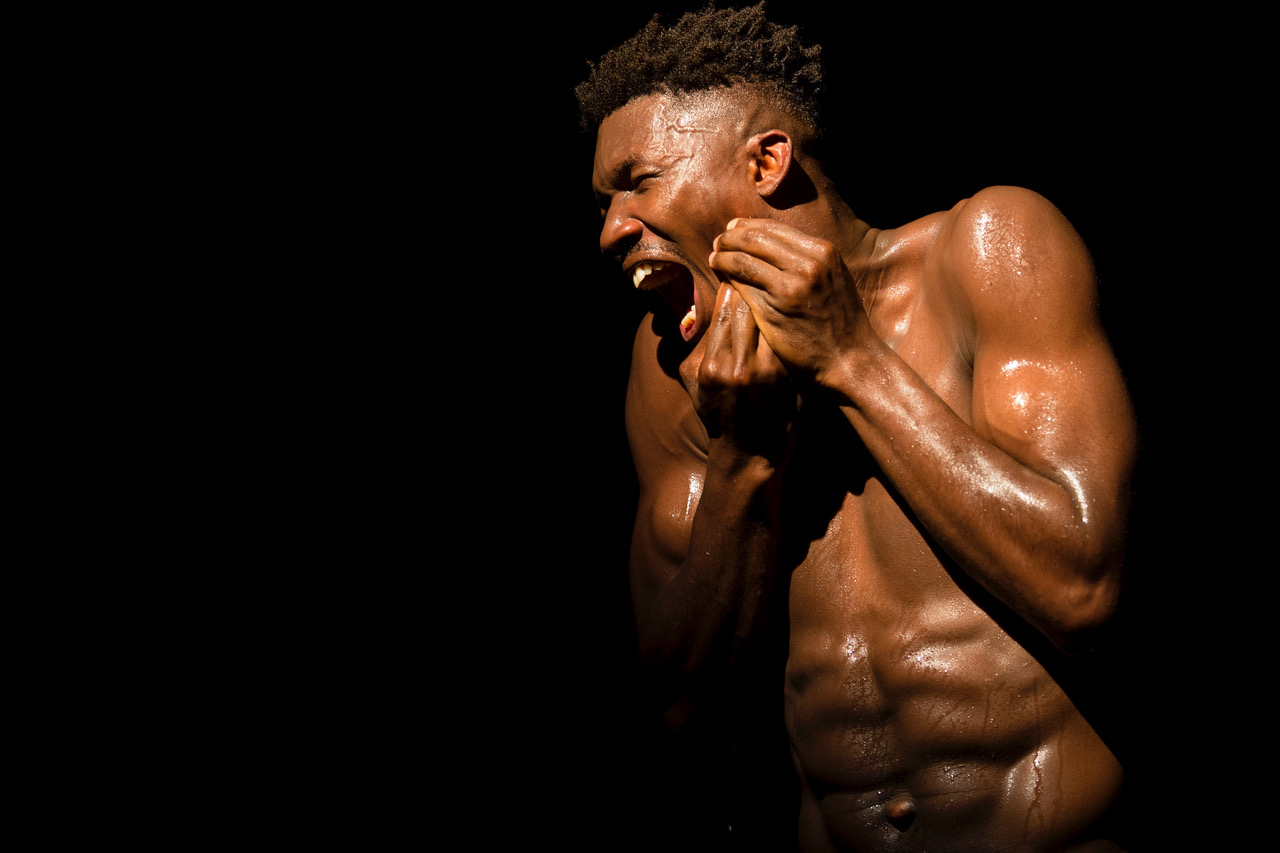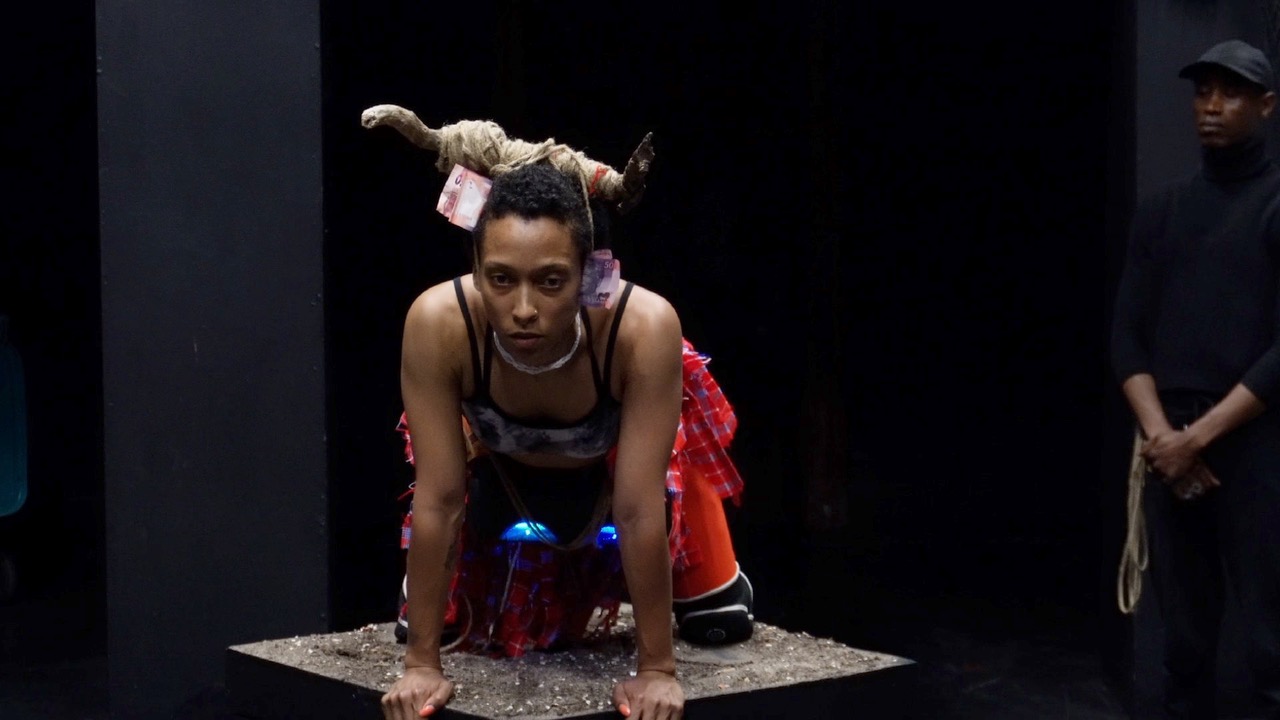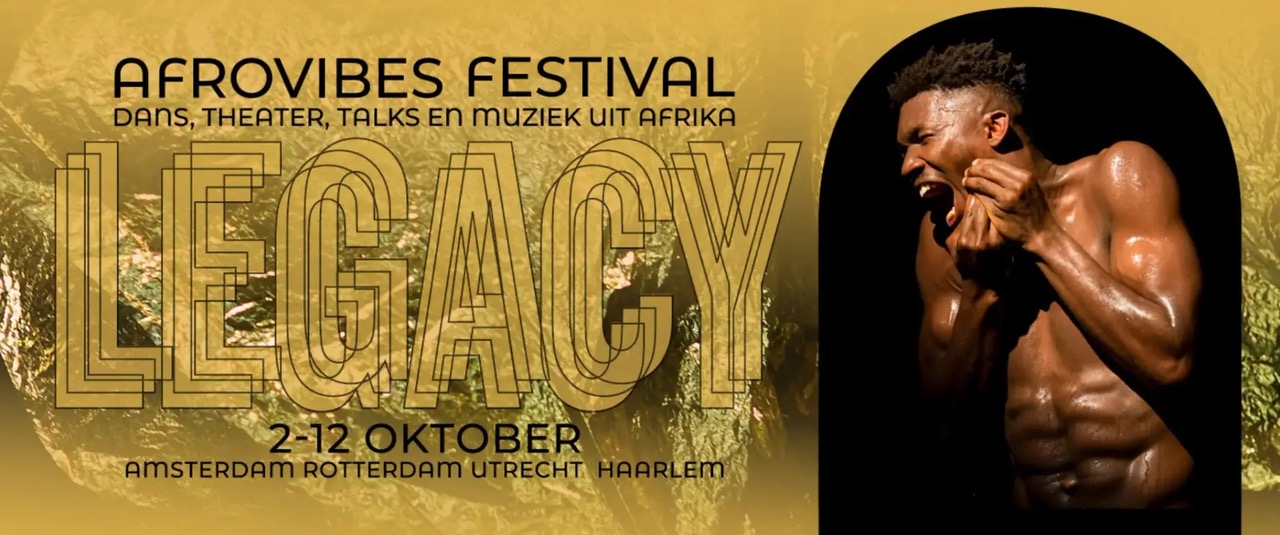‘Legacy’ is the theme of this year’s Afrovibes Festival in the Netherlands. In an era marked by war, famine, forced displacement, and climate change, what can still anchor our faith, stability, and trust?
Have we truly learned from the turbulences of the past, and what legacy are we leaving for the generations to come? At the upcoming 232nd edition of the annual Afrovibes Festival, performances capture the intensity of the current zeitgeist as experienced from Africa. Once again, the festival presents an impressive spectrum of works by African makers and artists. Reflecting on the past, present, and future, they confront questions of cultural heritage: what lessons can be drawn from history about courage, ethics, and collective strength? And what meaning and value do these narratives hold for audiences far beyond the African continent?
What would you do to protect the people you love most? What forgotten queer stories of people of colour remain untold? What does the legacy of a visionary leader like Patrice Lumumba mean for today’s Congo? And could ancient African rituals hold answers to confronting contemporary greed?
Three Highlights of the Festival
Zo! Mute by Vincent Mantsoe, Gregory Maqoma & Vuyani Dance Theatre

In Zo! Mute, two of South Africa’s most renowned choreographers explore themes of human sacrifice and spiritual power. Six dancers represent the ways in which such power can transcend greed, sorrow, and the loss of dignity, moving in harmony with hypnotic, rhythmic music.
In Zo! by Vincent Mantsoe, the dancers interpret a legacy of greed, despair, and weakness, presenting a powerful manifestation of strength. Maqoma responds with Mute, which empowers voices and bodies to confront these ills through the energy of the human spirit. Zo!Mute is performed by dancers from Vuyani Dance Theatre in Johannesburg.
Remember Gregory Maqoma, who performed alongside Xolisile Bongwana and Giuliano Modarelli at the ZAM Nelson Mandela Lecture in 2020? You can watch his performance here, starting at 50:13.
Black by Oulouy

In Black, Ivorian choreographer and dancer Oulouy illustrates the ongoing struggle for recognition, equality, and respect for Black people. He describes these themes as memories inscribed within his own body, which he uses as a medium to confront, provoke, and move his audience. Through a fusion of urban street dance styles from Africa and the African diaspora in the United States—including Coupé-décalé, Azonto, Ndomboló, Afrohouse, and Krump—Oulouy channels these narratives, further amplified by the accompanying music and soundscape.
In his multifaceted performance, he references significant recent events, including the #BlackLivesMatter movement. In doing so, he provokes unease and discomfort while simultaneously opening up the potential to influence the world.
Cash Cow by Lorin Sookool

A confrontation with the cruelty of our consumption. In a compelling dance-theater solo, performer Sookool exposes the harsh realities of how sentient beings are often exploited for our consumption. She embodies a cow awaiting slaughter, drawing a provocative parallel with the female body. Through a blend of humour, discomfort, and audience participation, she interrogates capitalism and questions whether post-colonial expectations of the African dance body can evolve.
There is much more to see, hear, and experience at this year’s festival, reaching audiences in Amsterdam, Utrecht, Rotterdam, and Haarlem. Watch the trailer and find more information and tickets here.


